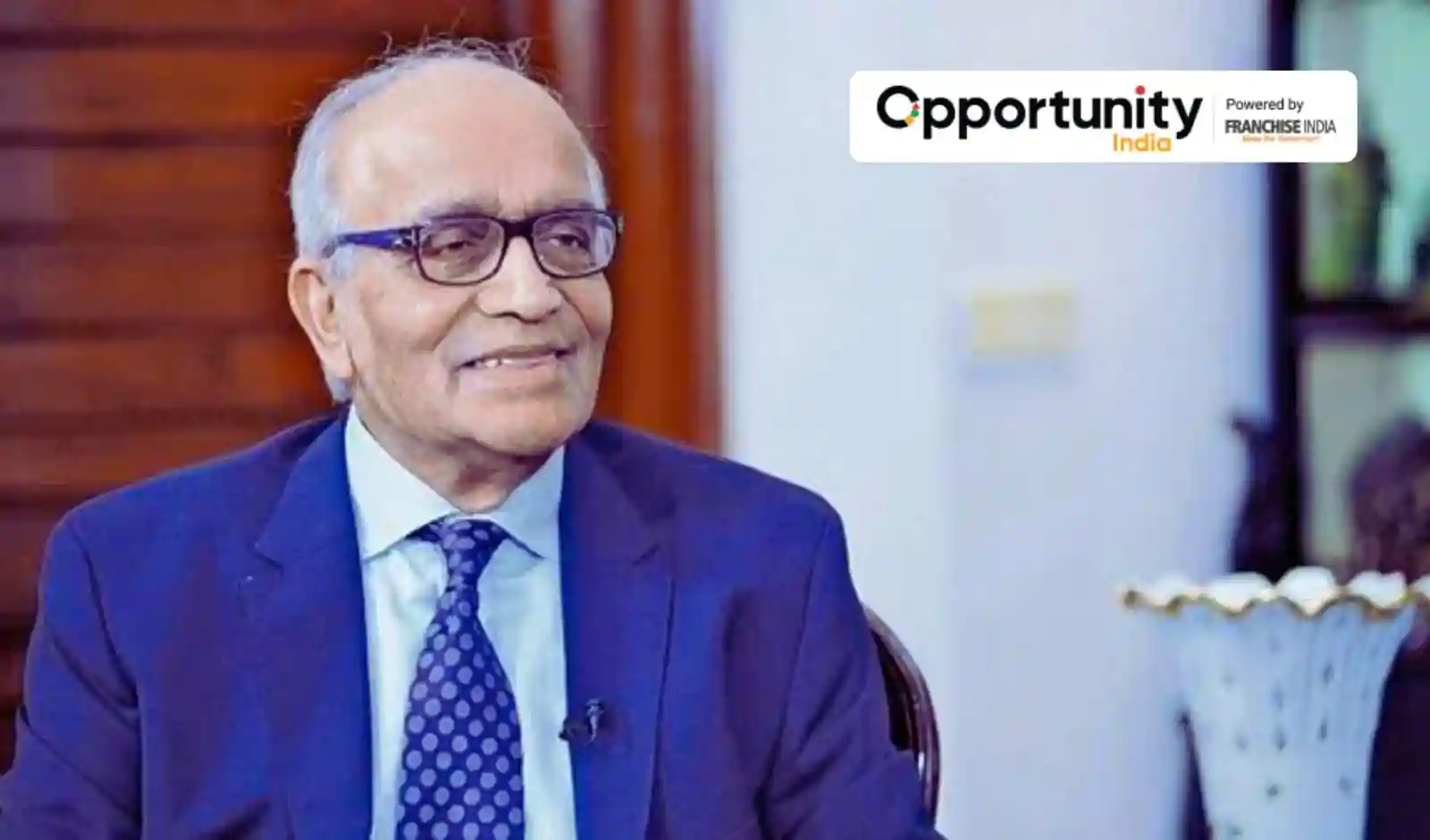
Maruti Suzuki has started production of its first global battery electric vehicle (BEV), eVitara, along with Suzuki’s first lithium-ion battery, cell, and electrode manufacturing at its Hansalpur plant in Gujarat. On this occasion, Chairman RC Bhargava highlighted that the lack of domestic cell manufacturing is one of the biggest obstacles for India’s electric vehicle industry.
He explained that massive reliance on imported raw materials is discouraging companies from investing in cell manufacturing. “It costs nearly Rs 20,000 crore to set up a battery plant. But when raw material is not available and dependence lies with a single supplier, the risk factor becomes very high. This is the reason companies hesitate to invest in cell manufacturing in India,” Bhargava said.
Recently, Suzuki Motor, in partnership with Toshiba and Denso, inaugurated a lithium battery plant, but the batteries produced there are limited to hybrid vehicles, not fully electric vehicles. Bhargava pointed out that while battery packaging is happening in India, the actual production of cells has not yet started.
Earlier, Tata Passenger Electric Mobility MD Shailesh Chandra also stressed the importance of localising cell production to reduce supply chain risks, geopolitical challenges, and to ensure long-term industry sustainability. Mahindra & Mahindra is also evaluating cell localisation, while Hyundai has partnered with Exide Industries for locally produced batteries.
Currently, India’s EV ecosystem depends heavily on imported cells and batteries, primarily from China and Hong Kong. China dominates global processing of key minerals—nickel (65%), cobalt (68%), and lithium (60%).
Bhargava also pointed out the recent supply disruption of rare earth magnets from China as a warning signal. “If I were an investor, dependence on imported raw materials from a single supplier would be a very big risk,” he said.
He further stressed that India must become self-reliant by developing its own cleaner technologies and alternative chemistries. Bhargava expressed confidence that Indian scientists and companies are capable of creating indigenous solutions and can realize the Prime Minister’s vision of self-sufficiency in the EV sector.

